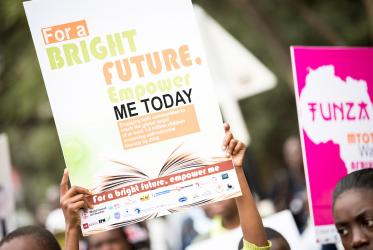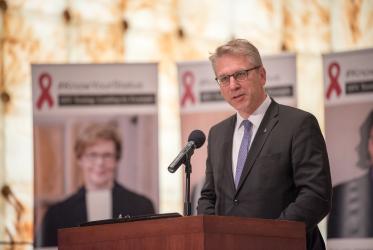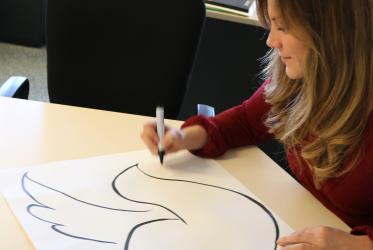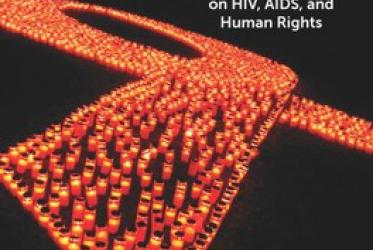Displaying 1 - 20 of 39
A faith-based, holistic approach to HIV and AIDS-care
13 March 2019
Faith and HIV treatment go hand in hand
06 March 2019
Turning mercy and compassion into action
04 March 2019
On the journey to HIV – bridging gaps, debunking myths
21 February 2019
#WCC70: Nathan Söderblom, ecumenical pioneer
29 August 2018
What difference does dressing in black make?
02 August 2018
Working toward an AIDS-free generation
26 July 2018
Conversation on HIV “must continue,” Faith Networking Zone shows
07 December 2017
“It will take faith to get down to business, to overcome HIV and AIDS”
13 September 2017
"We have our work cut out for us"
10 August 2017
WCC students study what makes a peace communicator
18 July 2017
How do you say “peace?”
20 February 2017
WCC book featured in UN discussion on gender, religions and health
16 September 2016














